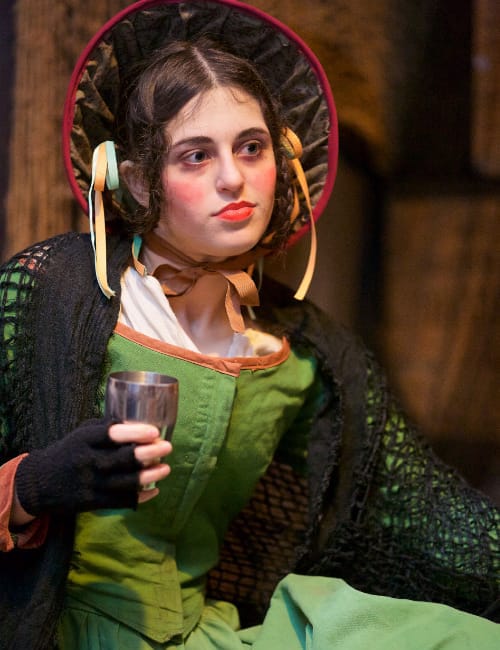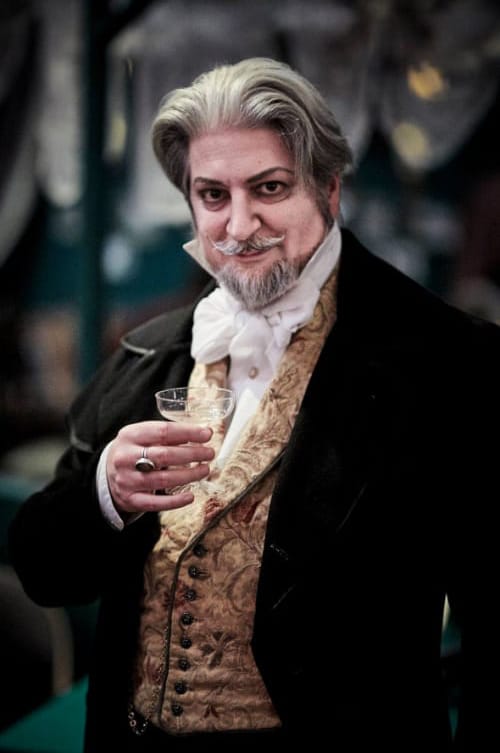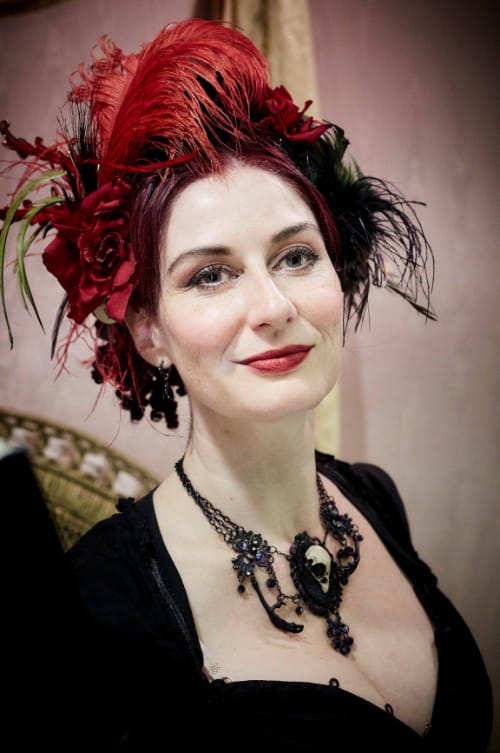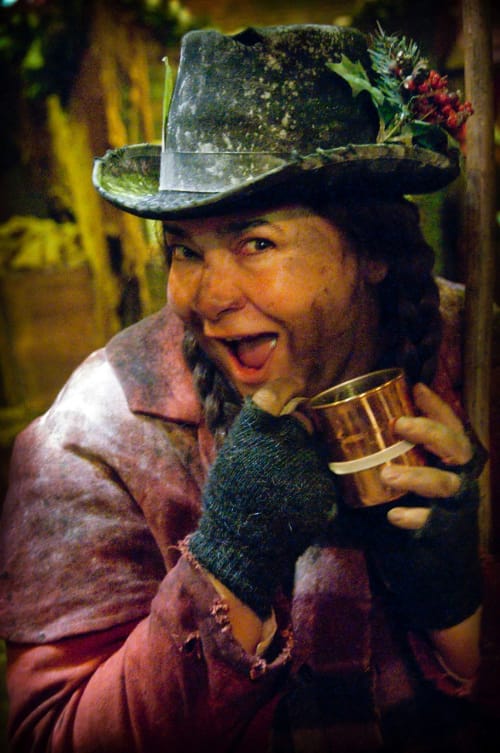Victorians Were the Most Supremely Confident Race the World Has Ever Seen
Their fathers had soundly beaten Napoleon Bonaparte, leaving England free to pursue its industrial dreams of iron and steel, brick, and steam. Their confidence was founded on a firm belief in a God who rewarded hard work, the sacredness of property, a stern morality, and a peculiar hope that science and industry between them could conquer all mankind’s ills. Energetic, self-confident, righteous, and optimistic, the Victorians were also coarse, rigid, greedy, and capable of extreme hypocrisy. The symbol of their age was the railroad — blustering and powerful, relentlessly pushing onward past all obstacles on its narrow track.

England in the nineteenth century was the home and bastion of the middle class. Middle class morality triumphed – piano legs were called limbs, gambling became a sin, free trade a must, and certain things were just “not proper.” The home and family were enshrined, hard work and perseverance were encouraged, and a stiff authoritarianism quelled those who would question “the system.”
And few did question it. “The system” was supported by a vast substrata of hard-working, ill-paid, all-but-invisible Bob Cratchits who toiled endlessly in their small shops and offices in the expectation of a better life. Unlike the disreputable poor, rioting noisily in garish gin shops and squalid lanes, or the middle class families dining on roast beef and port behind draped windows, this working-poor section of society lay somewhere in between, contenting themselves with small gains. Fueled by hope and belief in progress, these clerks, governesses, shop keepers, factory workers, and dressmakers darned their socks, saved their pennies, and waited for better times.
The Victorians possessed incredible energy. They ate enormous meals, crossed continents, danced furiously, wrote huge books, invented hundreds of machines, and spread their influence throughout the world. But most of all they turned their energy to making money. Factories hammered out everything once made by hand, mills spun miles of cloth, and laboratories produced new stay-fast dyes, drugs, and fuels. In 1851 Britain celebrated this triumph with the Great Exhibition — a showcase of art, industry, and science housed in that modern marvel of iron and glass, the Crystal Palace. Never was a country so prosperous or so envied.
Yet there was a dark and grim face to this prosperity. To the poor factory worker and hungry farm laborer, the nineteenth century was the England of the Poorhouse, the Debtors’ Prison, the squalid slum and the hangman’s noose. Society drew a sharp and cruel line between the deserving and “undeserving” poor — the farmer received pious mottos with their handouts, while the latter were urged “…to die and so decrease the surplus population.” The law was punitive, not rehabilitative, and the Victorian who worked hard for his wealth defended it fiercely and stubbornly.
This is the world, with its sharp contrasts of wealth and poverty, well-fed bellies and pinched faces, elegant streets and sordid back alleys, that Charles Dickens evoked in his novels. Dickens was a Londoner, and over his half-real, half-dream city floated perpetual images of fog and cloud, the outlines of spires and domes, and streaming above them the wraiths of his powerful imagination, looking down on London with mingled love, pity, and outrage.
Dickens’ characters are filled with his gigantic mirth, his sympathy to suffering, and his horror of cruelty. More real than life itself, these characters — the genial Pickwick, the miserly Scrooge, the optimistic Micawber, and the loathsome Fagin — have come to represent nineteenth-century England more to the popular mind than its actual corporeal citizens. The vital energy — so typical of a Victorian — that Dickens infused into his characters has kept them alive, radiant, and meaningful to this very day.




“It is strange with how little notice, good, bad, or indifferent, a man may live and die in London.”
~ Charles Dickens, Sketches by Boz
